The car industry has recently just backed down from rolling out electric vehicles in favor of hybrid and gas options. The changes indicate that the Biden-Harris ruling to push more EVs on American consumers may not be working.
From automakers backing out of creating and selling new EVs to a lack of charging infrastructure, the inability of the government to make their plans a reality is starting to show.
Ford Changes Course
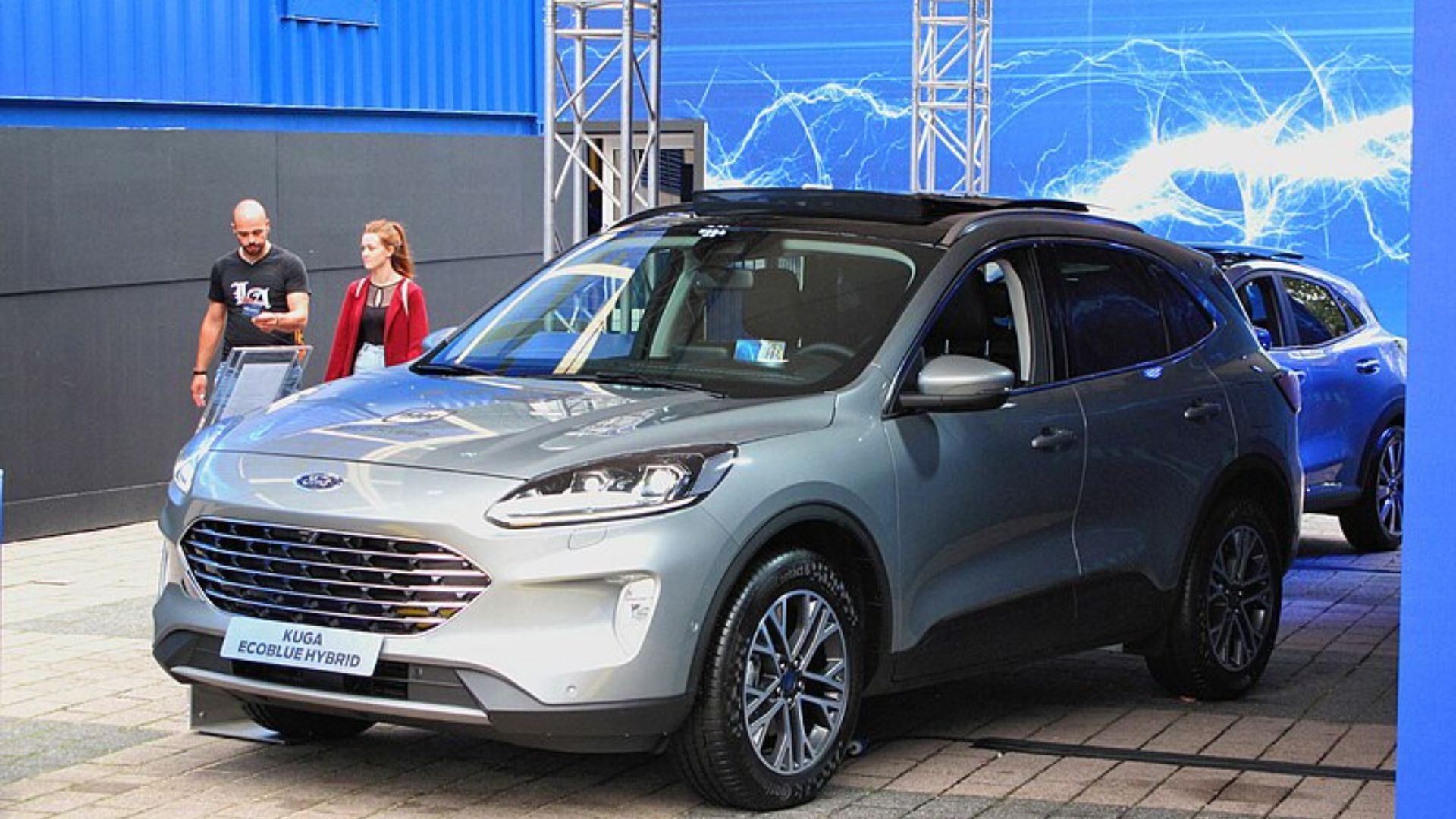
Although the large motor vehicle company was already planning on bringing out a new range of all-electric SUVs for mid-priced consumers.
“Our focus here is to remake Ford into a higher-growth, higher-margin, more capital-efficient and durable business, and that means these vehicles need to be profitable,” John Lawler, Ford vice chair and chief financial officer, said on a call with media Wednesday morning. “And if they’re not profitable, based on where the customer is in the market is, we will pivot and adjust and make those tough decisions.”
Blow to Electric Car Initiatives
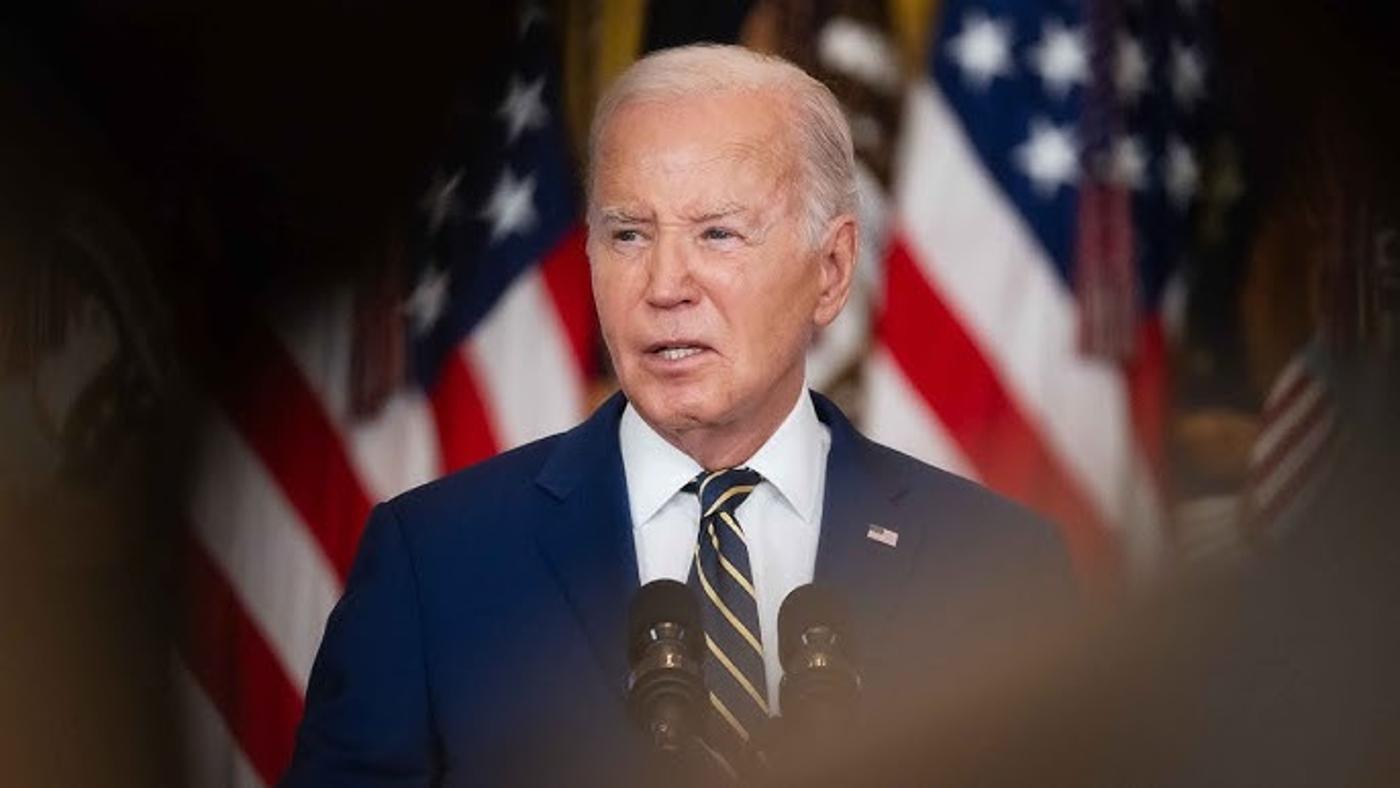
The changes from Ford mark a large blow to the progress that the Biden-Harris administration made on electric vehicle mandates during the last three and a half years.
The initial mandate proposed that all cars sold in the US will be zero-emission by 2030, an incredibly audacious goal. However, many critics on both sides of the political spectrum have noted that this idea won’t work for several reasons.
Republicans Are Fighting Back
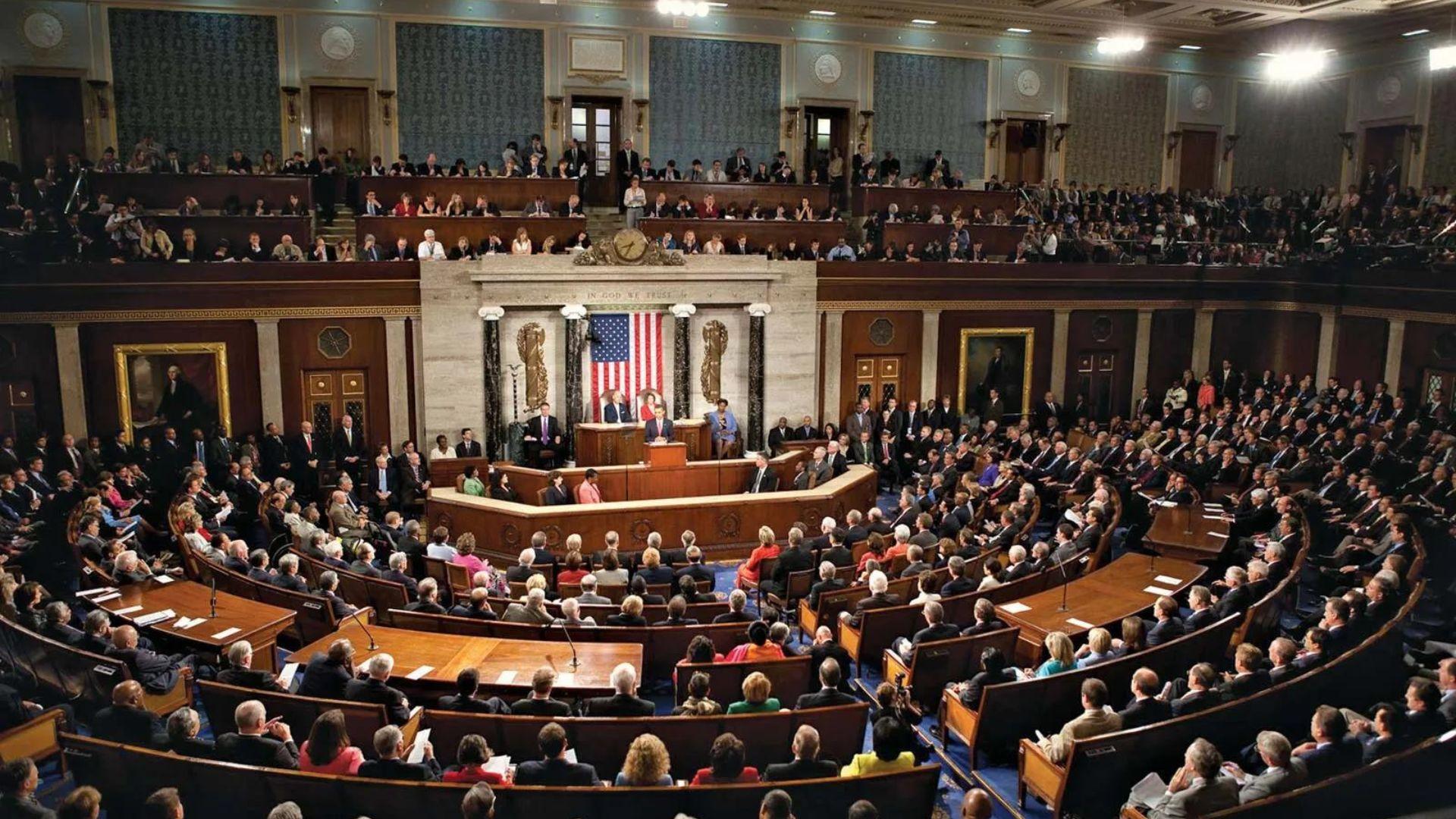
Republican Michigan congressional candidate Tom Barrett said of the situation, “It is abundantly clear that the federal government’s push to ram electric vehicles down everyone’s throat was unwanted and unworkable. The mandates forced on Americans under Biden-Harris will dismantle what remains of Michigan’s industrial base, destroy American jobs, and make us more dependent on Communist China.”
He added, “In Congress, I will continue my fight to protect the rights of consumers to purchase the vehicle that meet their needs and their family’s budget, not the social engineering agenda of bureaucrats in Washington.”
Harris’s History With EV Mandates
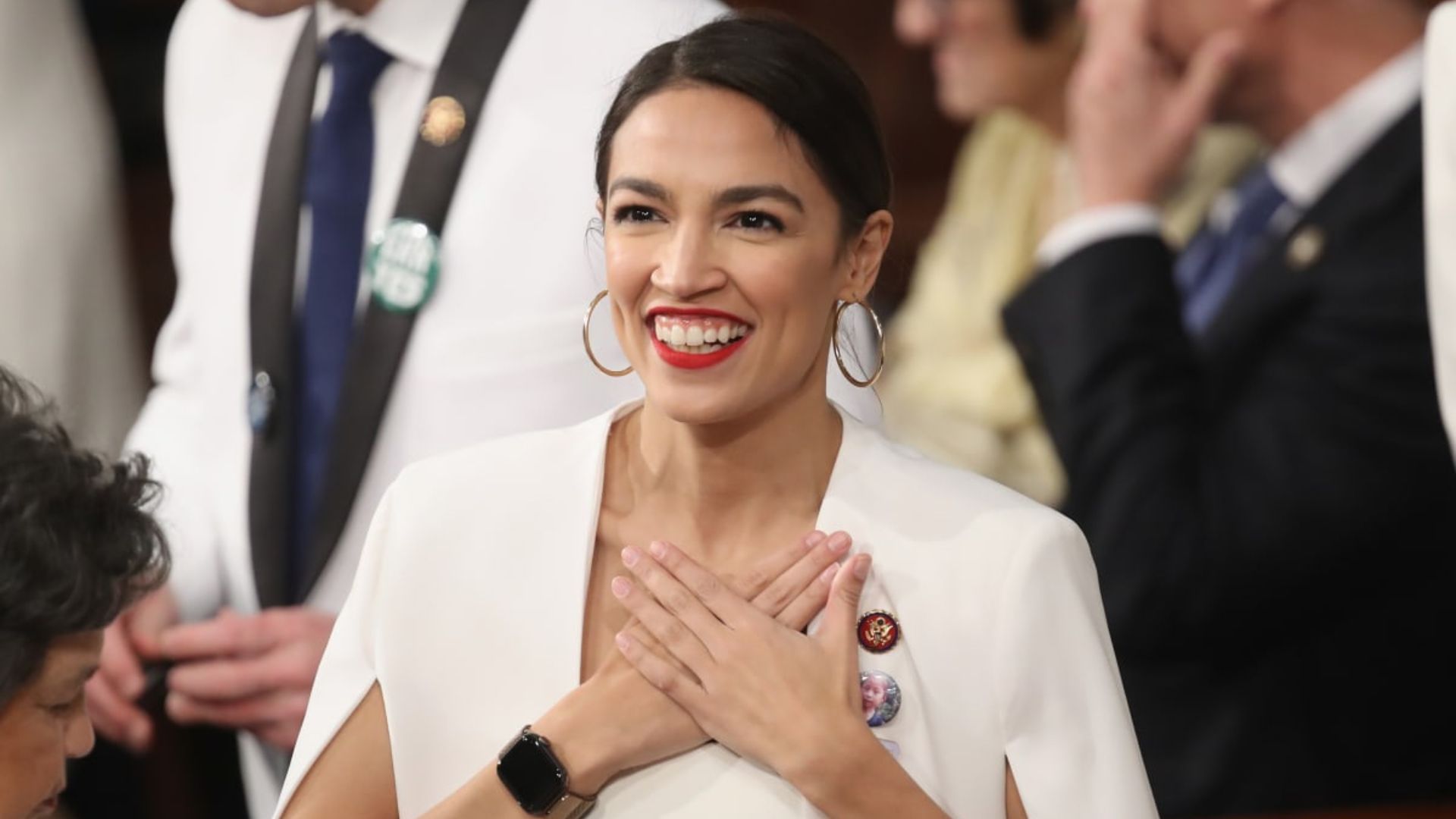
During Harris’s senate career, she was one of the original co-signers of Rep. Alexandria Ocasio-Cortez (D-N.Y.) and Sen. Edward Markey’s (D-Mass) Green New Deal Legislation.
The bill sought to establish a blueprint to shift the nation to using 100% “clean energy” by 2040. The measure failed to pass through the senate.
The Effects of Climate Change Are Real

Despite the unpopular choice to push consumers to buy all-electric vehicles, the idea behind the change is sound. Daily driving in gas-powered cars worsens the effects of climate change.
Experts have said that to cool the climate and stop rising ocean levels and excessive heat, big changes will need to be made in response to constant exhaust and fumes increasing the heat in the atmosphere.
Continued Commitment to Clean Energy
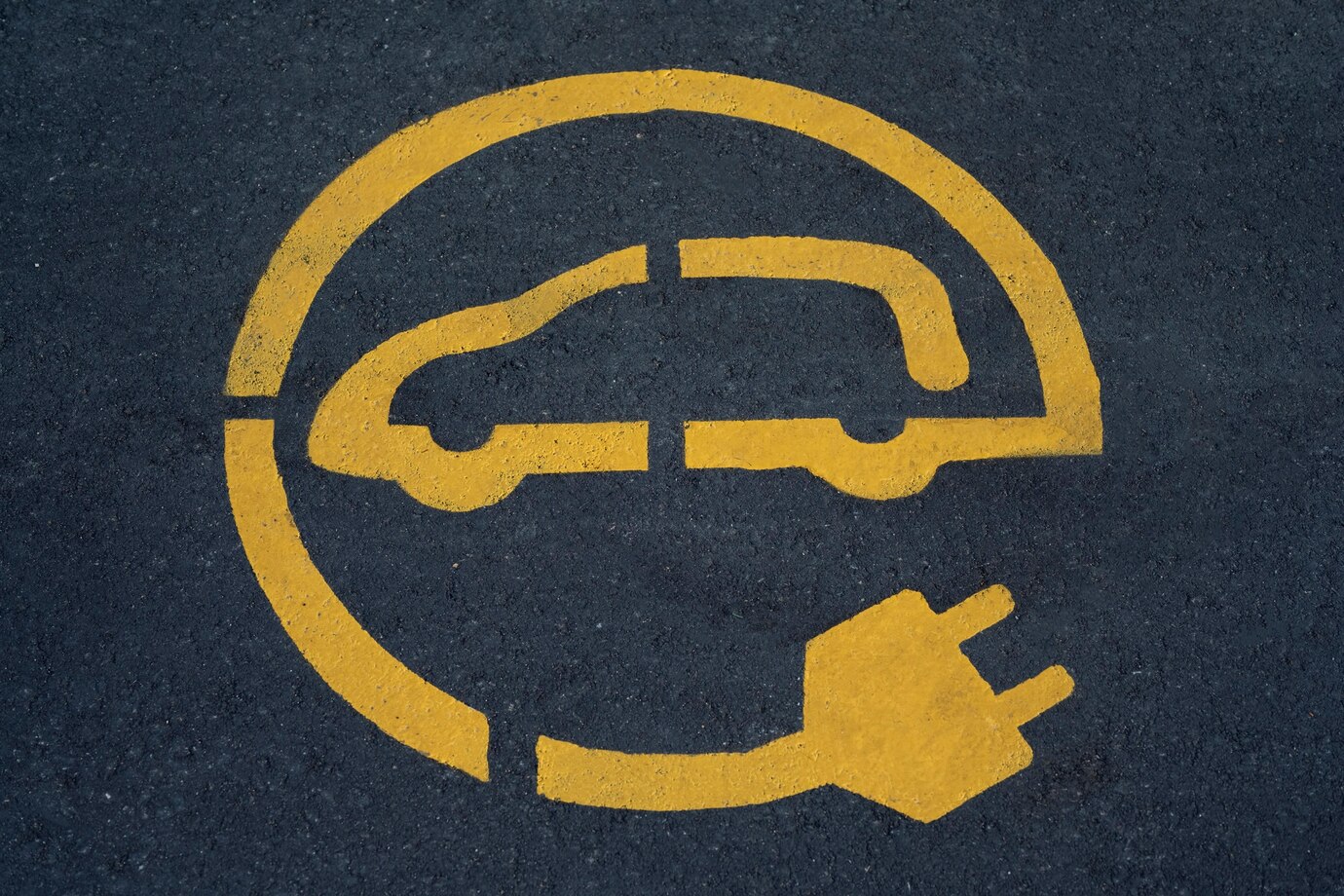
After Harris became the first female Vice President, she continued to lead the fight against climate change through several initiatives.
One notable measure she assisted on was the Clean School Bus program, backed by the Environmental Protection Agency (EPA), which was created nearly three years ago as a provision under the Biden administration’s 2021 infrastructure bill. The bill allocated $5 million for the program to deliver nearly 2,500 electric school buses around the nation.
More Alternative School Bus Programs
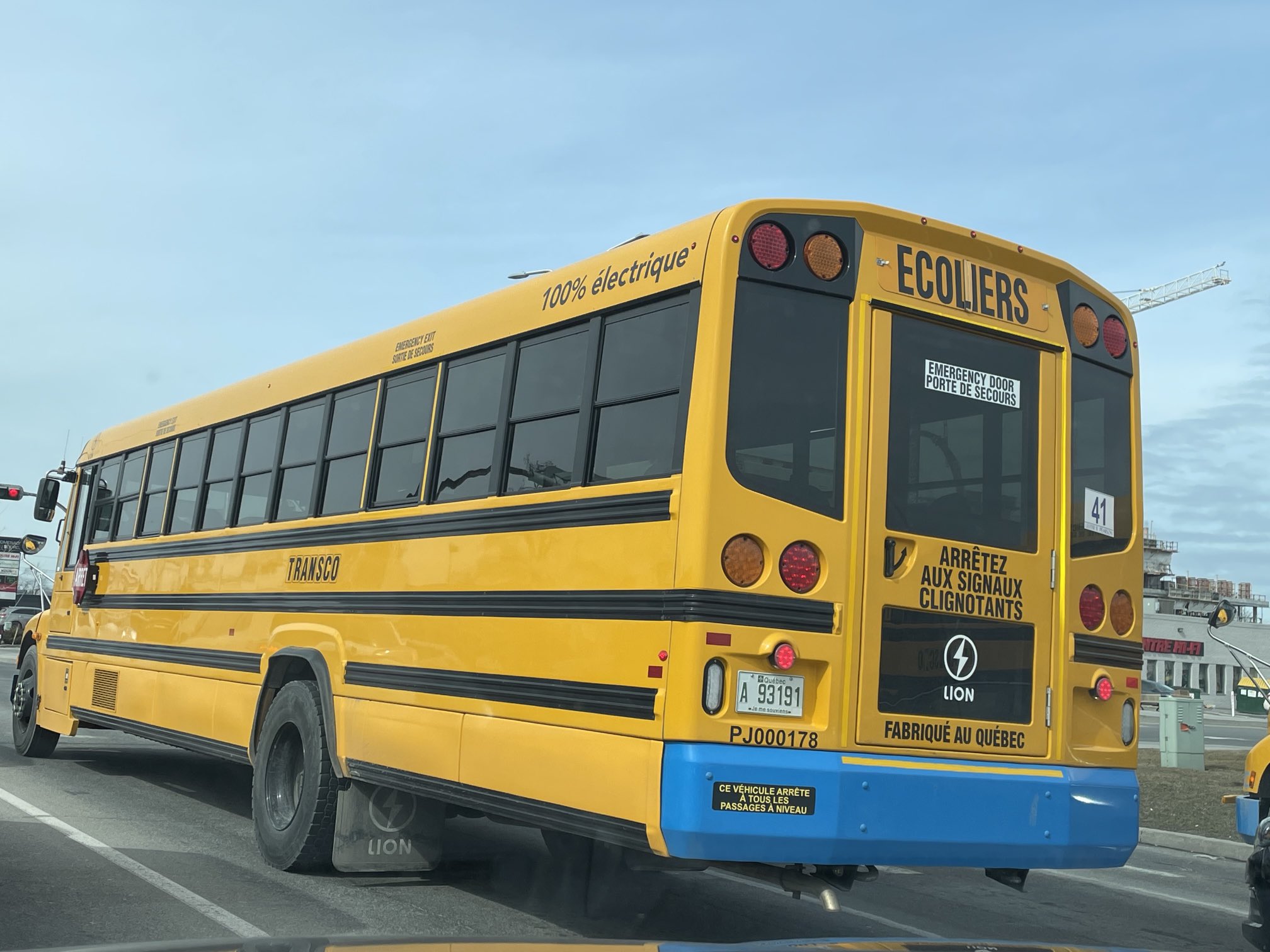
EPA Administrator Michael S. Regan also created a new initiative to deliver 60 battery-electric, or low-emissions propane-fueled school buses.
“Every school day, 25 million children ride our nation’s largest form of mass transit: the school bus. The vast majority of those buses run on diesel, exposing students, teachers, and bus drivers to toxic air pollution,” Harris said of the program earlier this year. “Today, we are announcing nearly $1 billion to fund clean school buses across the nation. As part of our work to tackle the climate crisis, the historic funding we are announcing today is an investment in our children, their health, and their education. It also strengthens our economy by investing in American manufacturing and America’s workforce.”
The Electric Vehicle Changing Action Plan
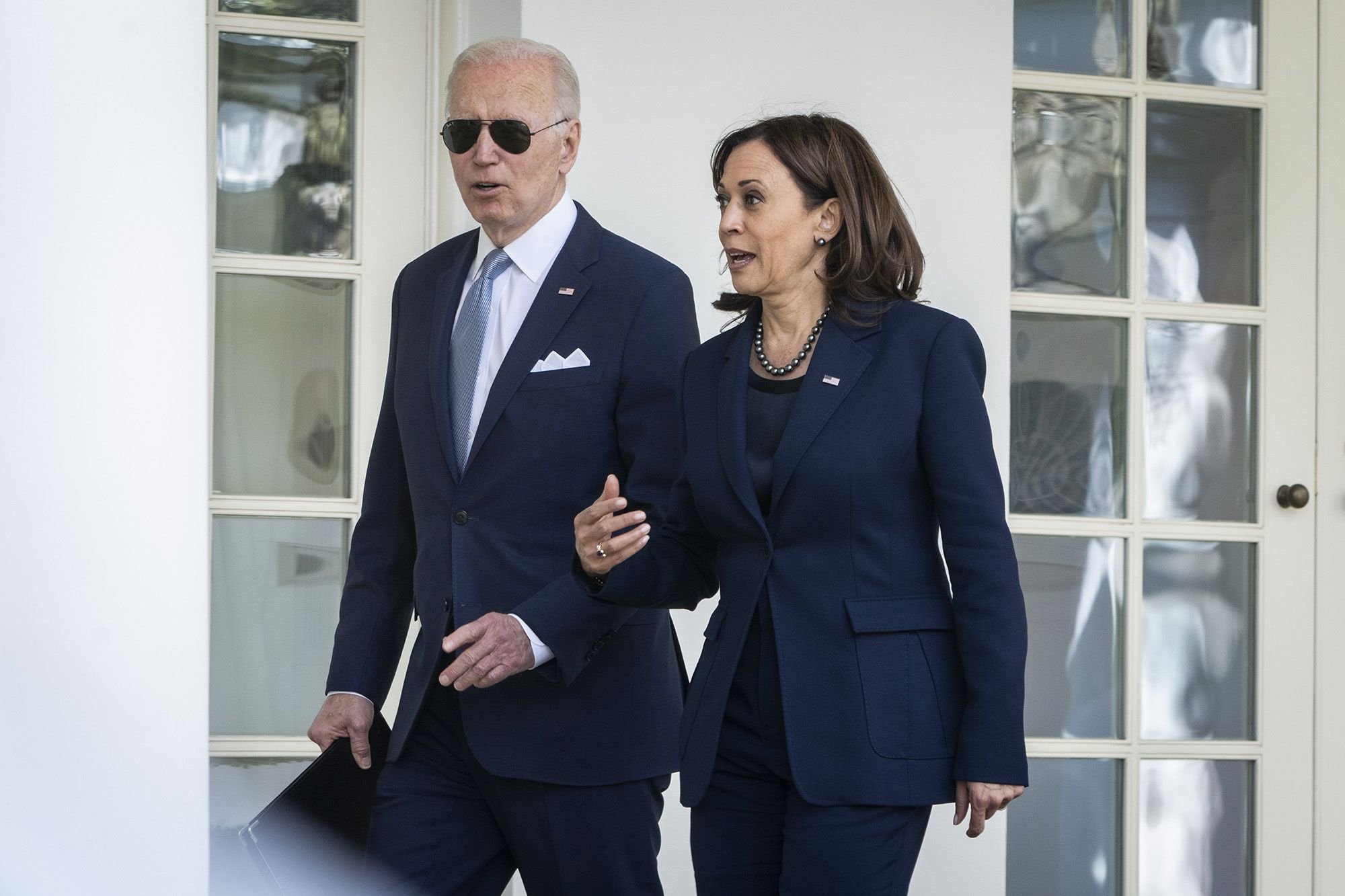
In 2021, Harris was also tasked with leading the “Electric Vehicle Changing Action Plan.” The plan sought to ensure that 50% of car sales would be electric by 2030.
In March, Biden spoke of the plan; “Together, we’ve made historic progress. Hundreds of new expanded factories across the country. Hundreds of billions in private investment and thousands of good-paying union jobs. And we’ll meet my goal for 2030 and race forward in the years ahead.”
EV Charging Stations
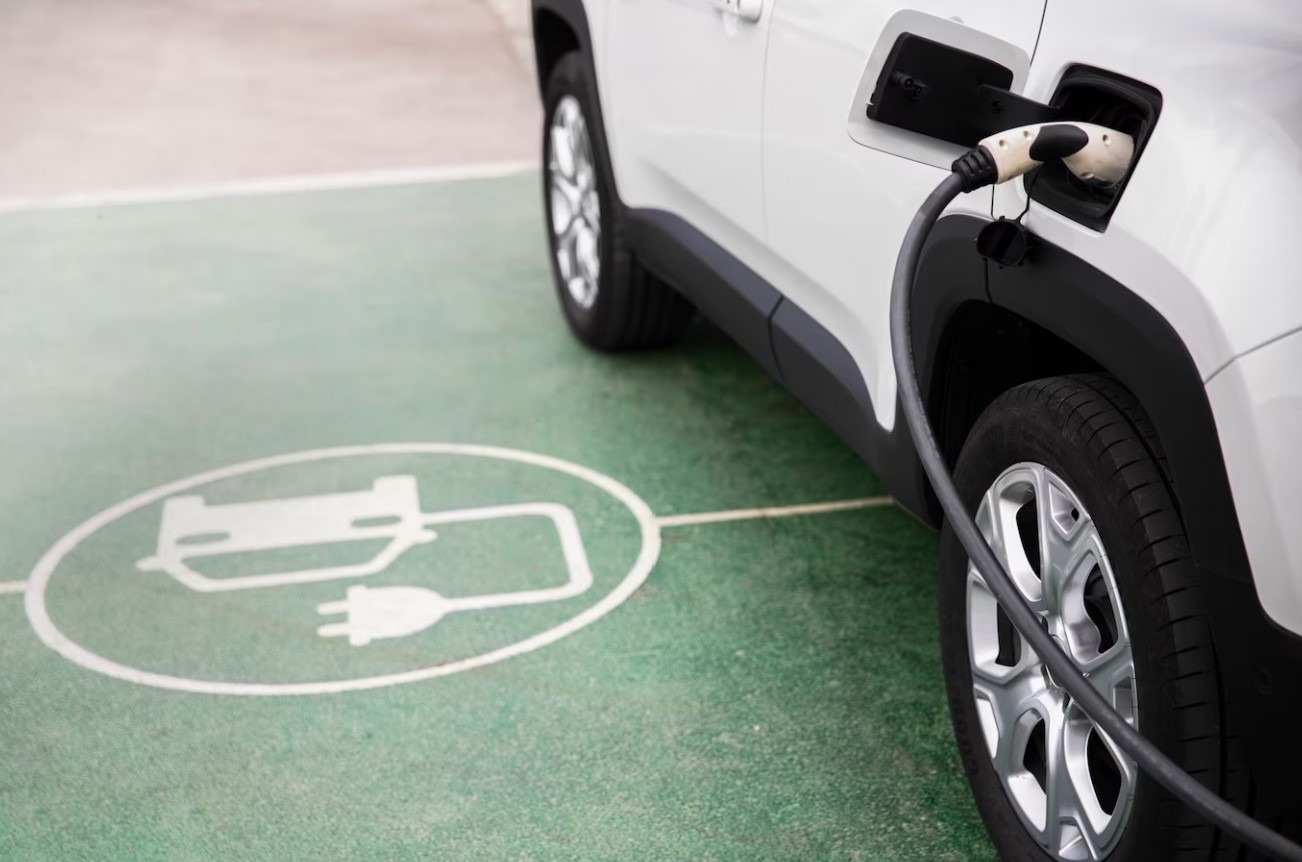
To ensure the ambitious goal of half of all new cars sold by 2030 being electric, the government needed to ensure that people had somewhere to change them. Not all residents live in detached houses with accessible charging ports.
Part of the 2021 infrastructure bill allotted more than $7.5 billion in federal funding aimed to install half a million EV charging stations across the country. However, the federal government has only installed roughly eight stations as of May of this year.
Pete Buttigieg Reached for Comment
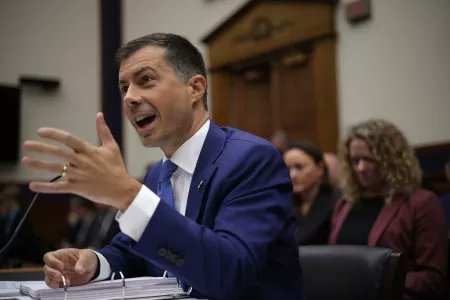
Transportation Secretary and former Harris-VP hopeful, were reached for comments on this issue.
“Now, in order to do a charger, it’s more than just plugging a small device into the ground,” the secretary said. “There’s utility work, and this is also really a new category of federal investment. But we’ve been working with each of the 50 states.” He reiterated that more than 500,000 chargers will need to be built by 2030.
EVs Have Been Losing in Popularity
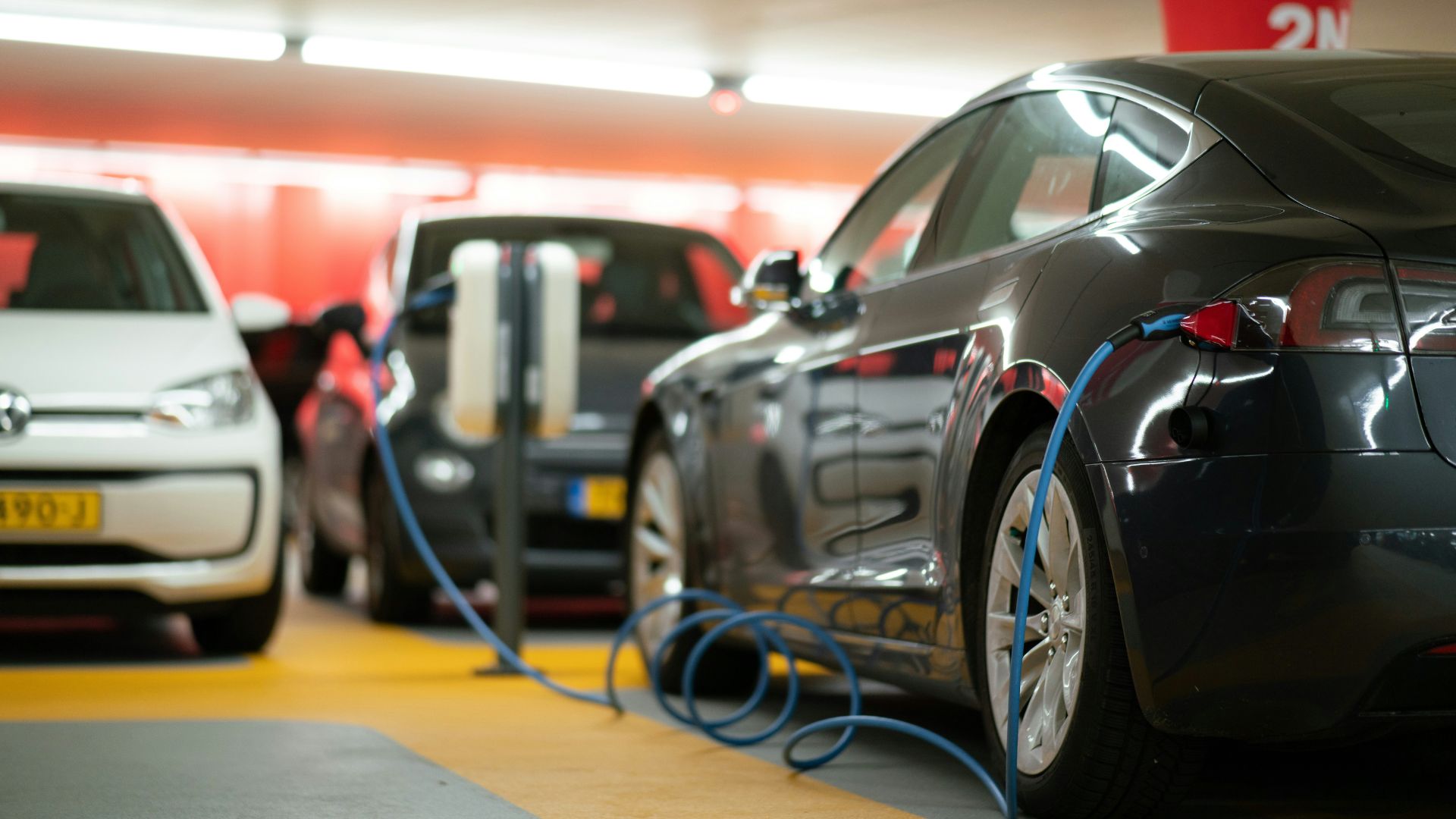
Earlier this year, information was published showing that electric vehicles were eating away at Ford’s profits.
The Model e, the company’s EV division, had a total net loss of $4.7 billion last year. After an initial interest in electric vehicles, sales appear to have cooled off substantially.








































